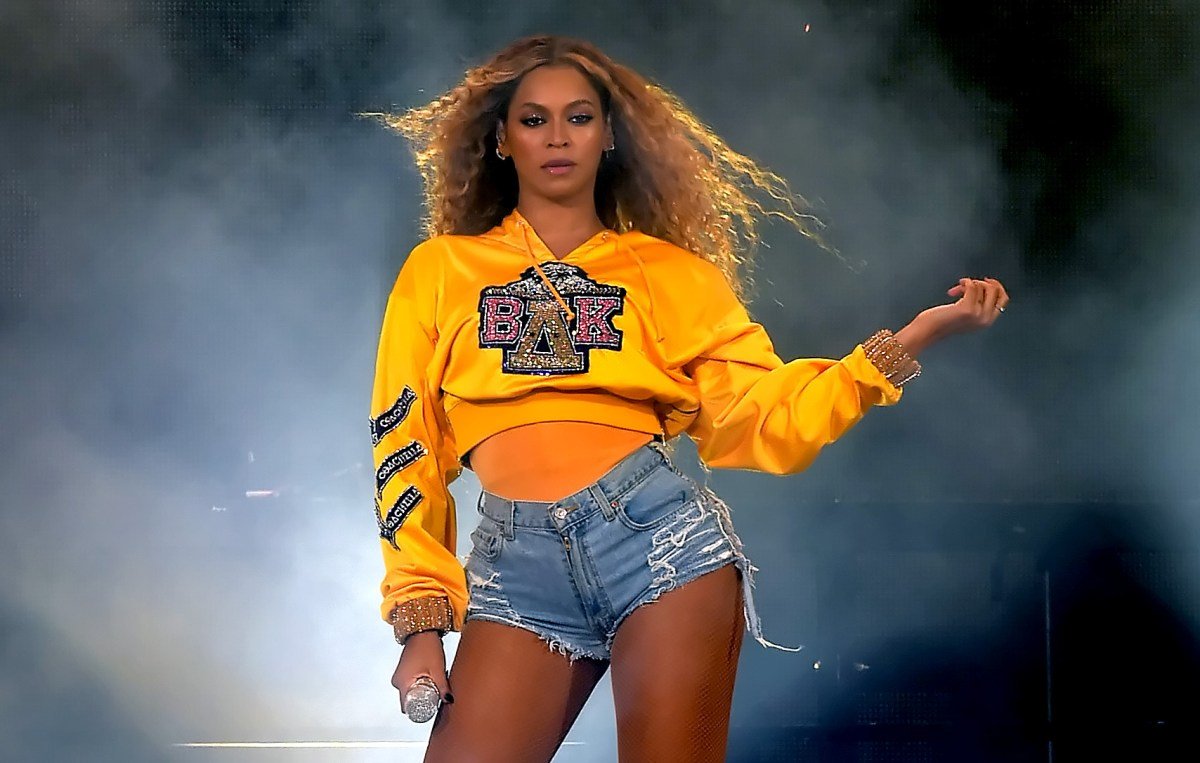Beyoncé’s “Cowboy Carter” has taken the music world by storm, leaving fans and critics alike buzzing with excitement. The new album, released only a few days ago, has already shattered streaming records and received high praise from the artist herself who called it “the best music [she’s] ever made.” But amidst the frenzied press surrounding “Cowboy Carter,” Beyoncé made a surprising statement against the rise of AI technology in the industry.
“The joy of creating music is that there are no rules,” said Beyoncé. “The more I see the world evolving the more I felt a deeper connection to purity. With artificial intelligence and digital filters and programming, I wanted to go back to real instruments.”
Beyoncé is known for being selective about interviews, adding even more significance to her comments about the new album. These rare insights from the artist give fans a chance to decipher and piece together the elements of “Cowboy Carter” and how they all converge. Therefore, her stance on AI is not a mere casual remark made in passing, but rather an intentional stand she is taking.
The issue with AI-generated music stems from the technology itself. AI-powered music generators have the capability to produce new tracks within minutes and can emulate artists’ vocals with startling precision. This is because the AI is often trained using the work of the very artists it could potentially replace.
To create AI-generated works, large language models and diffusion models require extensive databases of text, images, and sounds. However, some well-known AI companies, such as Open AI and Stability AI, have used datasets that include copyrighted works without proper consent. Even though Stability AI’s music model was trained on licensed stock music, this was not the case for their image generator, Stable Diffusion. As a result, the company’s VP of Audio Ed Newton-Rex resigned, citing disagreement with the company’s viewpoint that this practice falls under “fair use.”
It comes as no surprise that artists like Beyoncé have strong opinions about this technology. Countless AI models have been trained on the work of artists without their consent, creating an uneven playing field for up-and-coming musicians trying to make a name for themselves in an already cutthroat industry. This stance from Beyoncé makes even more sense in the context of “Cowboy Carter” itself.
Though the album does not directly address AI, “Cowboy Carter” does delve into issues of cultural appropriation and theft of artwork without consent. Through the album, Beyoncé teaches listeners about the history of Black musicians who were the pioneers of country music, a genre that is often associated with white Southern culture. Even the title “Cowboy Carter” alludes to the appropriation of Black music for the benefit of white people. While it could also be a reference to Beyoncé’s married name, it is also a nod to the Carters, often considered the “first family” of country music. However, the Carters built their career by borrowing from Black musicians and molding their style into what we know as country music today, a genre that still has a long way to go in terms of inclusivity (as evidenced by a recent incident where a country radio station refused to play Beyoncé’s song “Texas Hold ‘Em” because she did not fit their definition of a country artist).
Beyoncé’s seemingly random stance against AI ultimately reveals a similar truth: Once again, the work of artists is being stolen without their consent and twisted into something else, leaving them without proper recognition or compensation for their invaluable cultural contributions.
In one of the tracks on the album, ninety-year-old country legend Willie Nelson makes an appearance on a radio show aptly named “Smoke Hour,” which precedes “Texas Hold ‘Em.” Given the recent incident with the Oklahoma radio station, this track takes on a more poignant meaning, with Nelson making a subtle jab: “Now for this next tune, I want y’all to sit back, inhale, and go to the good place your mind likes to wander off to. And if you don’t wanna go, go find yourself a jukebox.”
In “Cowboy Carter,” Beyoncé creates a world where the jukebox and the radio are back in fashion, Black musicians are free to create any type of music they desire, and no one’s art is being taken advantage of without their consent. It is a world where artists are rightfully recognized and celebrated for their contributions, and their voices are never silenced or stolen.








